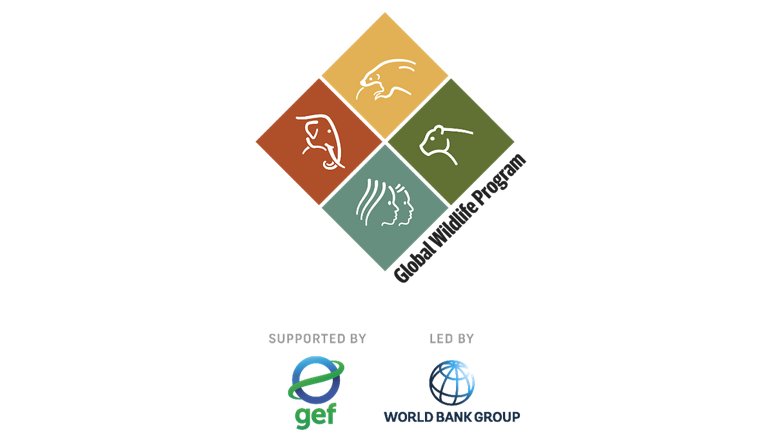Limited financial resources, poor governance, weak penalties, and a lack of alternative income for local communities make anti-poaching efforts highly challenging. In 2015 the Global Wildlife Program was launched as a response to the poaching and illegal wildlife trade crisis. Since then, nearly 100 GWP project sites have strengthened anti-poaching measures, with 20 already reporting a decline in poaching of key species.
These outcomes have been supported by comprehensive efforts, for example, to capacitate and equip rangers, including community rangers; strengthen patrolling and surveillance efforts through use of conservation technology and SMART patrolling systems; enhance community-based management; provide alternative livelihoods; and enhance wildlife and biodiversity monitoring and assessments. These GWP impacts are mirrored by results achieved by many other governments and partners, with site-level poaching declining across many parts of the globe.
Join this knowledge exchange to learn from across the GWP and partners on effective site-level anti-poaching activities and engage in a lively discussion on factors underpinning conservation successes. In addition to case study presentations, the GWP will also share the preliminary results of the global survey on lessons learned in combating poaching.
Objectives
- To share successes and impact of GWP and partner projects in site-based anti-poaching.???
- To take stock of practitioners�� lessons, recommendations and remaining challenges in effectively carrying out anti-poaching initiatives.??
- To explore ways to scale up good practices and on-ground efforts.?
??

